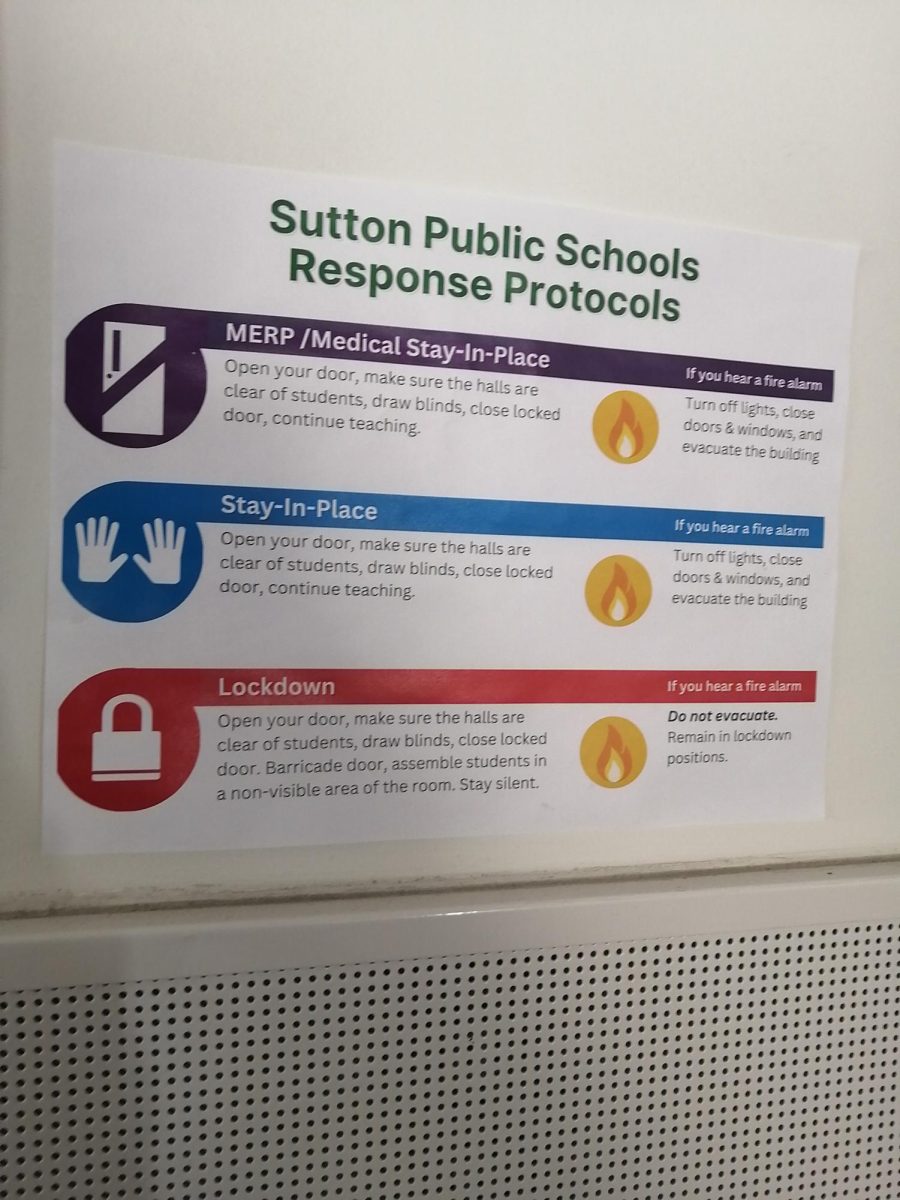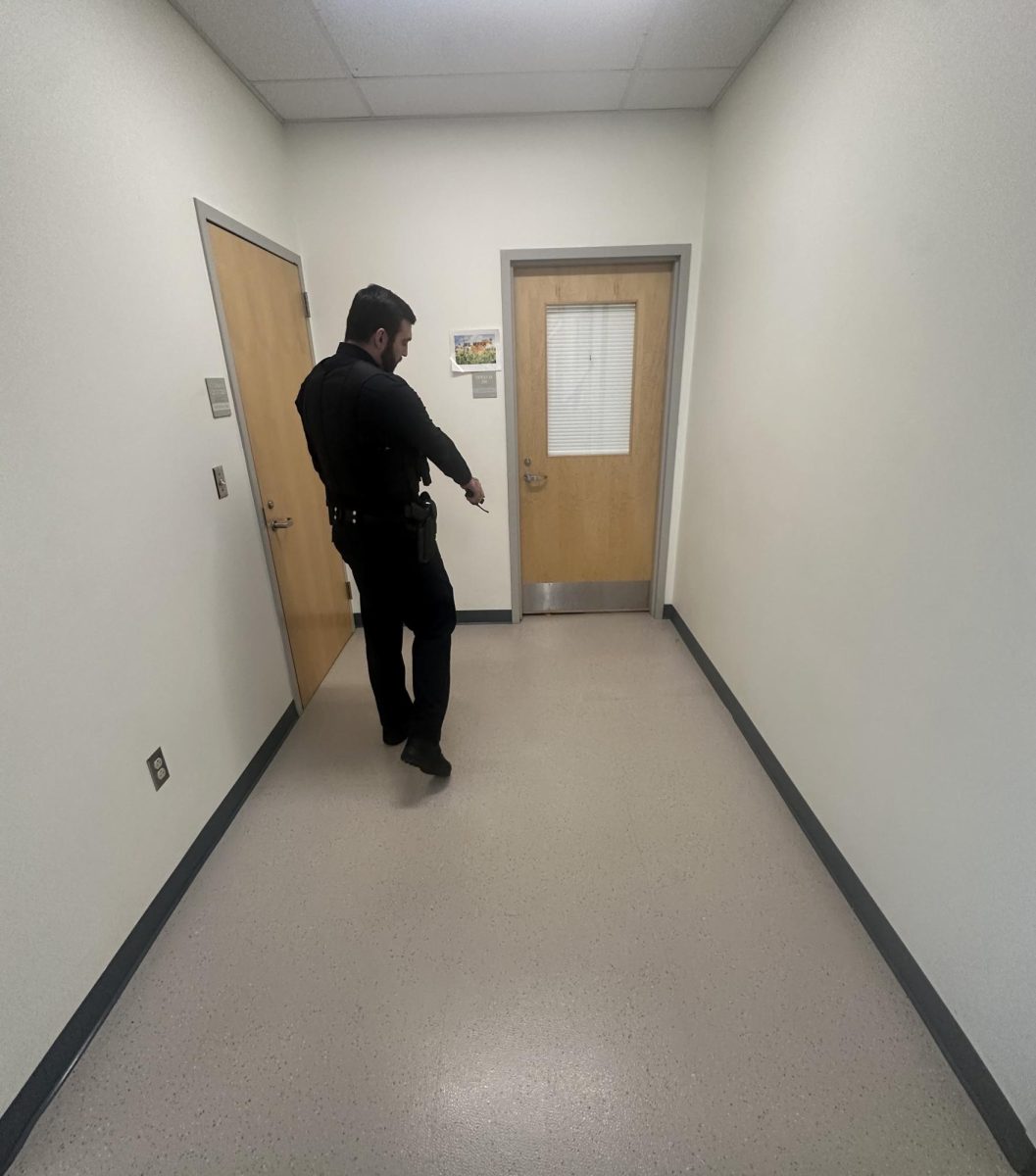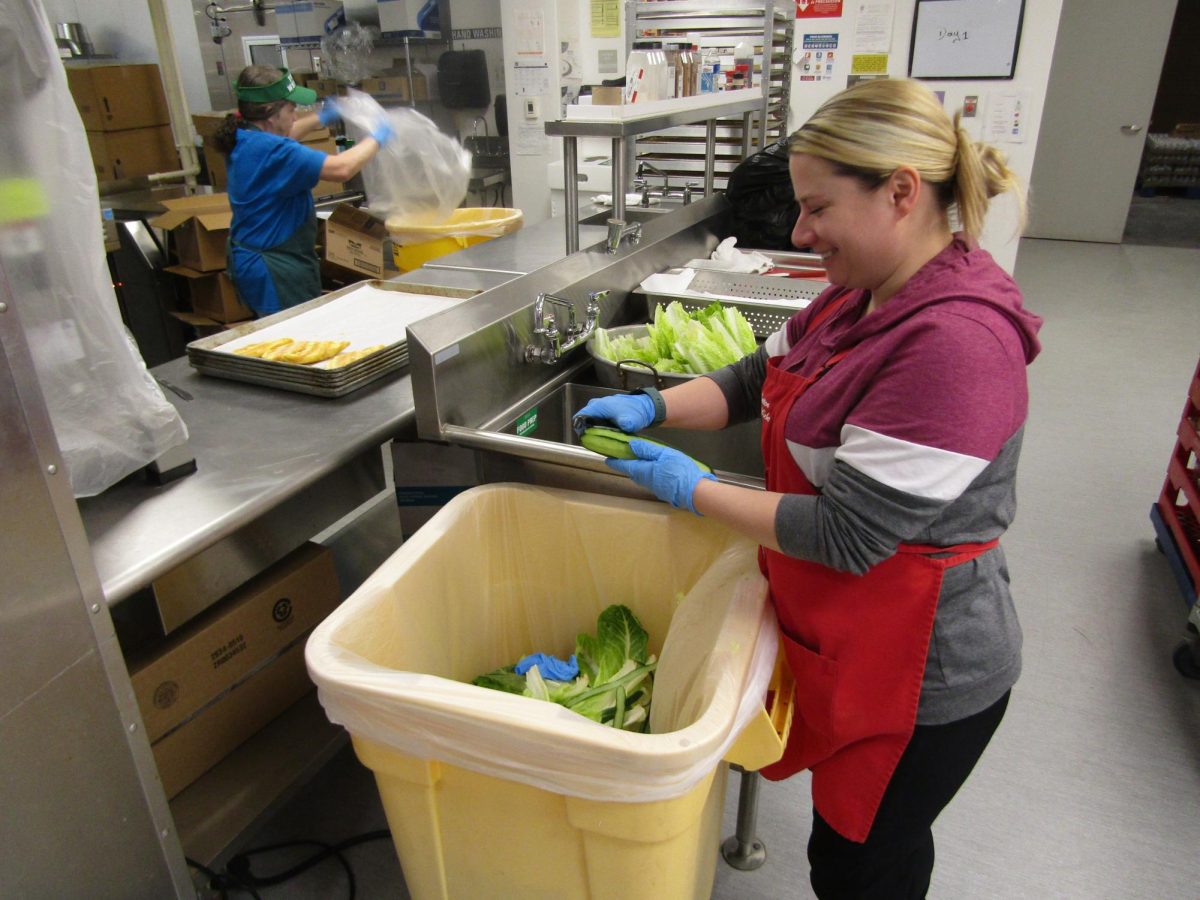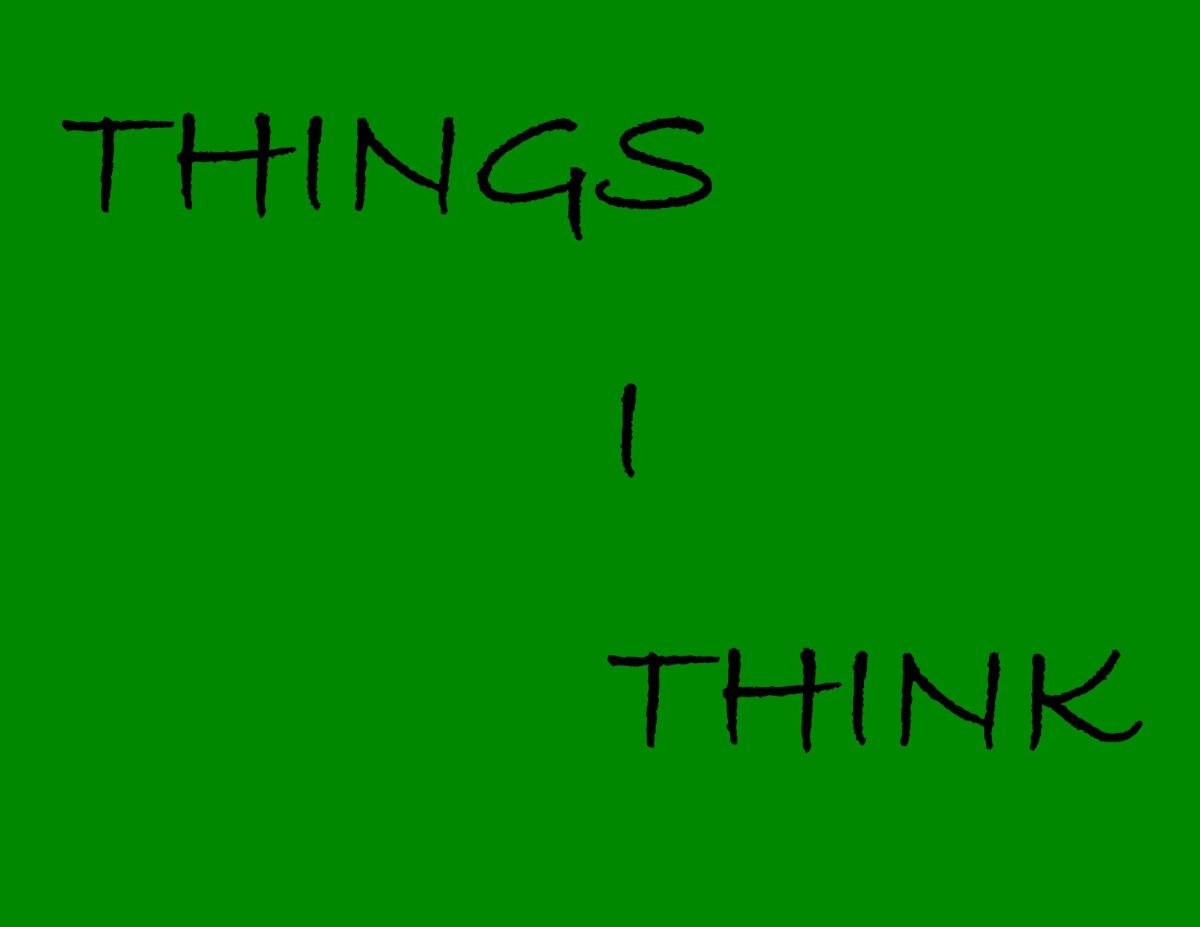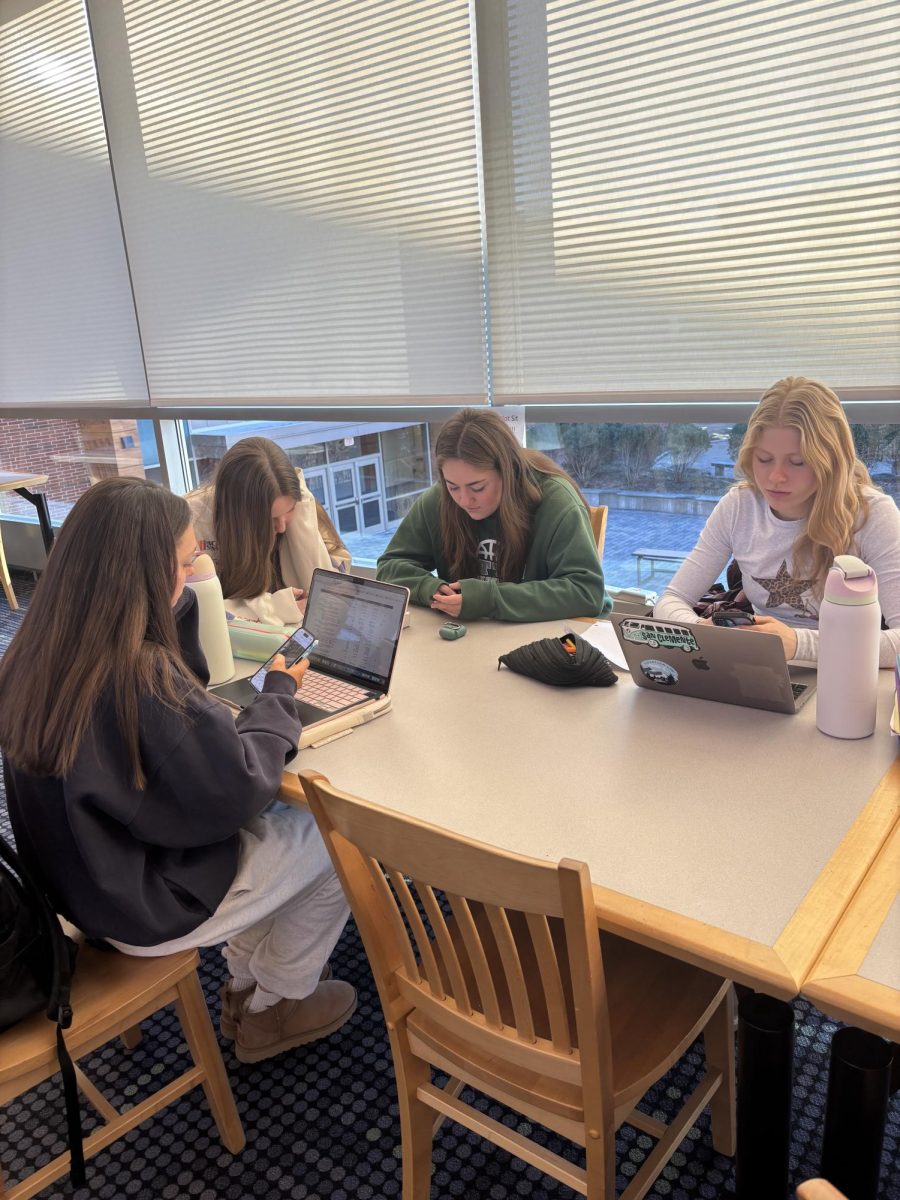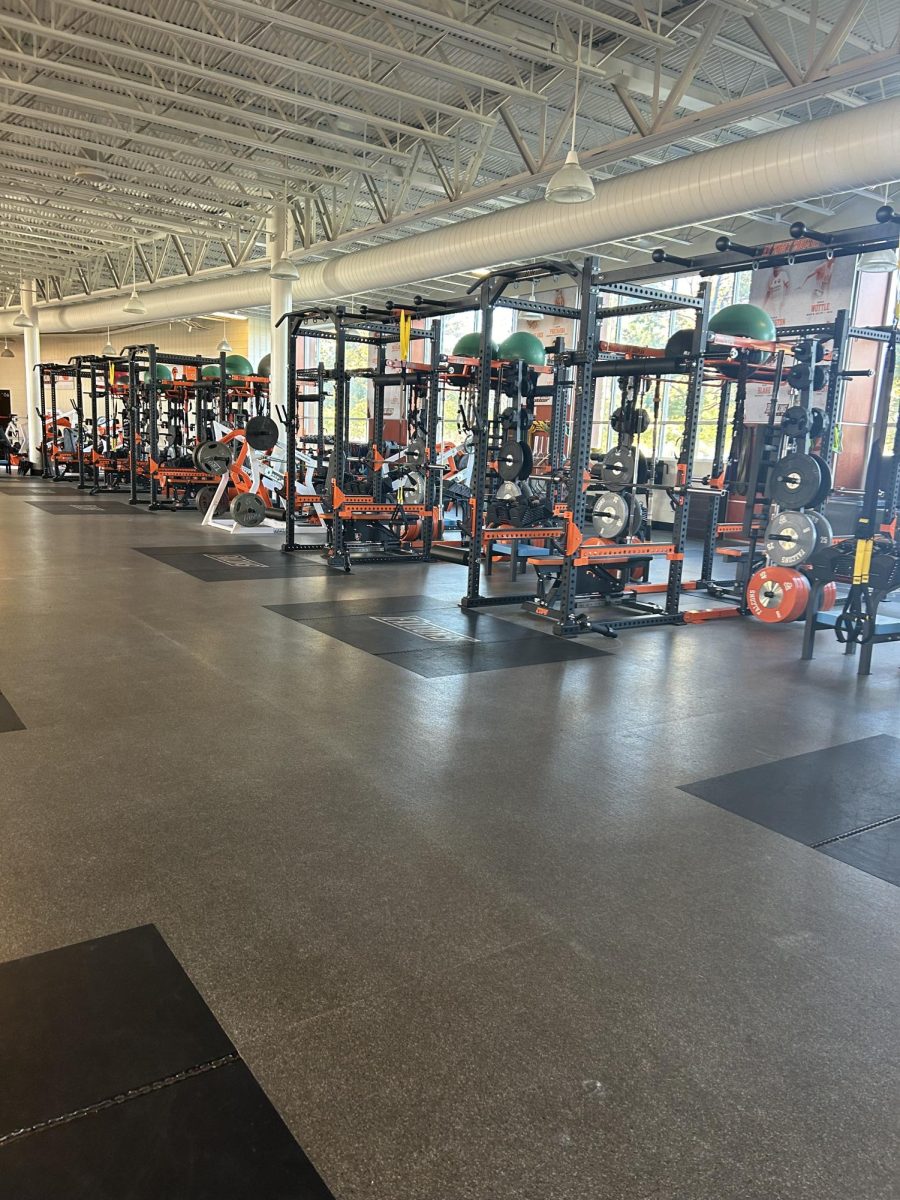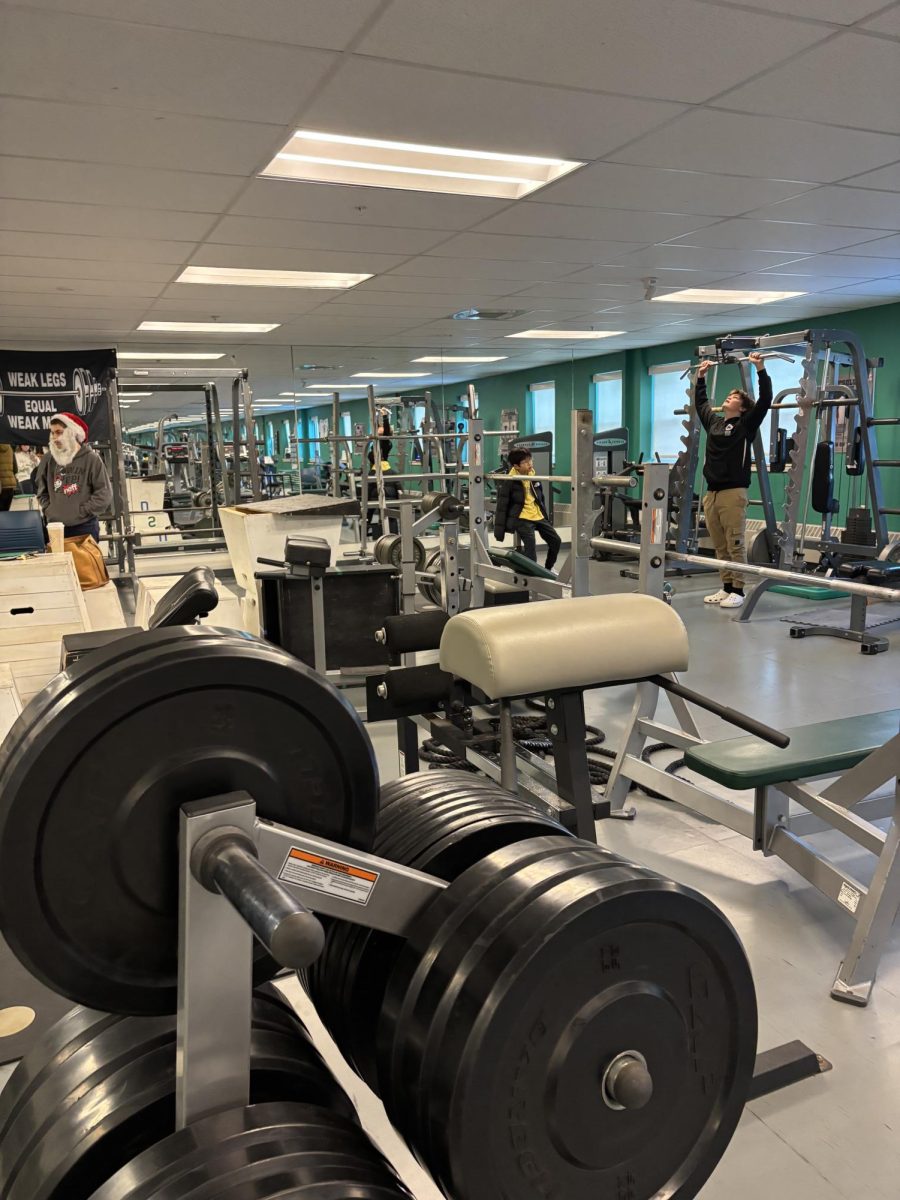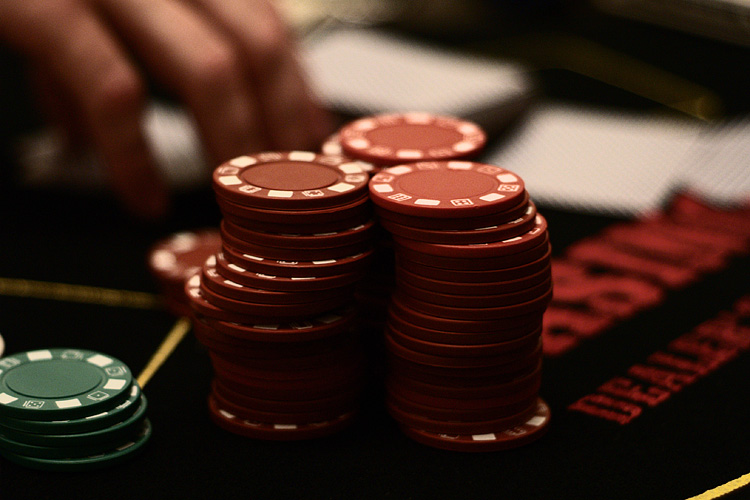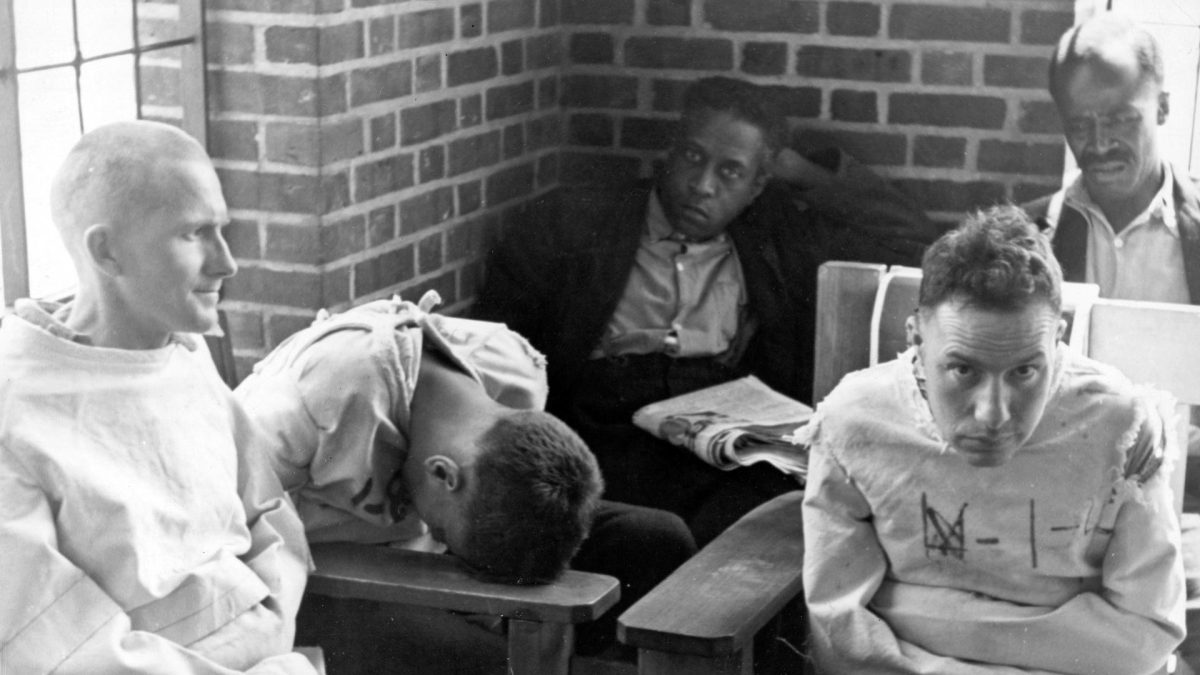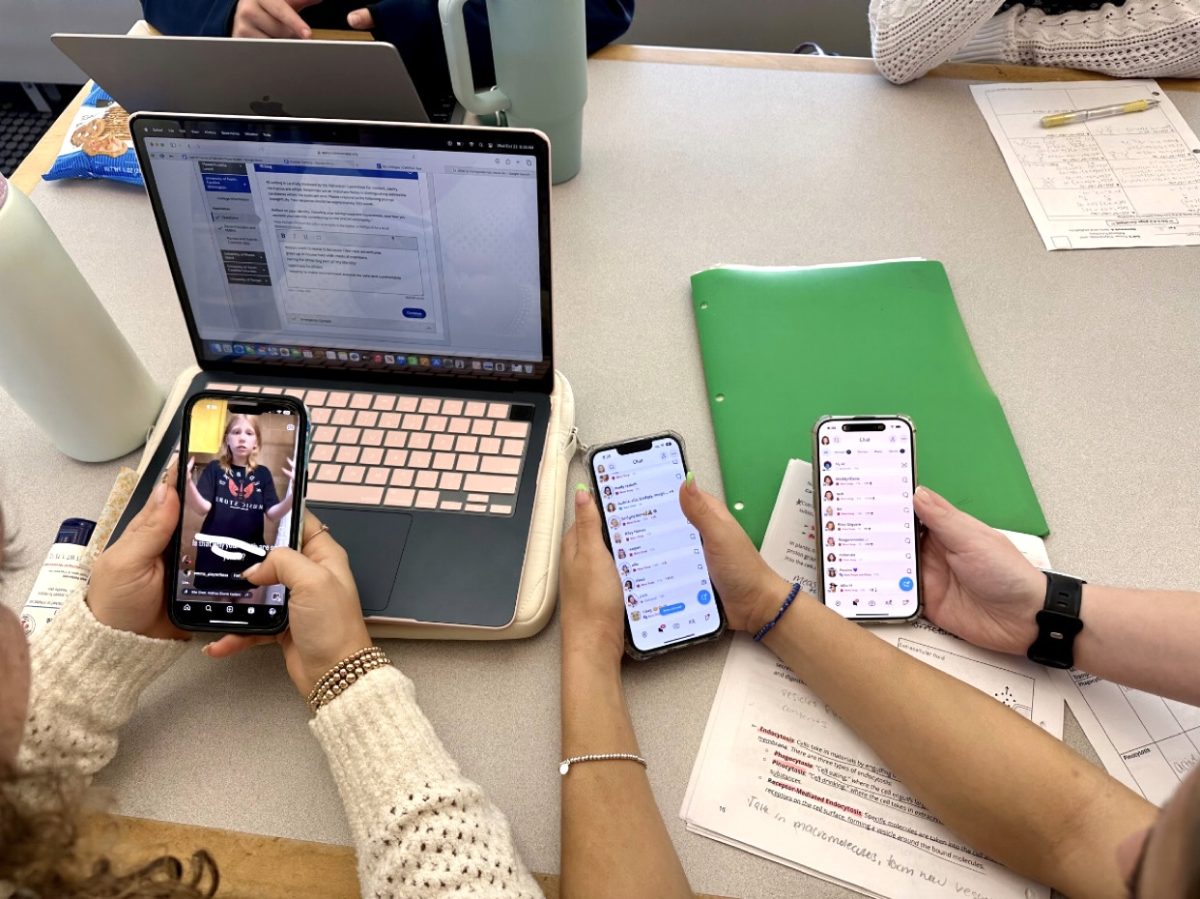Dear America: Technology Ruins Children
The effects of technology on children
October 13, 2023
The huge advances in technology, in the last ten years, has led to a large rise in social media use by children. Instagram, Snapchat, and Tik Tok have emerged as the most popular sites for children.
Recent studies show that kids are spending more than five hours a day on social media or playing on video game platforms. Thirty two percent of teens surveyed said they are online even more, greater than six hours a day, with thirteen percent of kids spending more than nine hours a day on screens and social media.
Even more concerning is the large uptake of users ages 8 to 12 that are on social media platforms that, by law, require users to be over the age of 13. These numbers show a sharp increase in the past two years, a direct result of the pandemic.
Many studies show that this scary rise in social media use by kids, has numerous negative effects on kid’s lives and brain and social development. These negative effects are mainly increased anxiety and depression, phone addiction, and cyberbullying and they are literally ruining kids’ lives.
During the pandemic, kids had no choice but to turn to their screens for entertainment and social interaction. This led to the large upswing of screen time and social media use by kids and teens.
Unfortunately, studies have shown that the more time kids and teens spend on their screens, the more anxious they become. Teens that spend more than three hours on social media a day have increased signs of depression and anxiety, suffering from the “fear of missing out (FOMO).”
When teens spend hours looking at other teens’ social media profiles they can easily become depressed and anxious when they compare their own social lives and activities to everybody else online.
This can cause problems with self confidence and low self esteem at a time when a teen is already dealing with this with friends. Peer pressure is already so hard on teens. Social media makes it a lot harder.
A second negative effect of social media on kids and teens is phone addiction. Hours and hours spent on social media results in kids being addicted to looking at their phones, constantly following their social media accounts, and negatively impacting their brain development.
In the Digital Wellbeing 2020 survey, almost half of teens surveyed said they believed they were addicted to their phones.
When a teen has a phone addiction, other parts of their life are negatively affected too. Hours on the phone mean less time devoted to school work, less time exercising, less time sleeping, less time with friends face to face hanging out. All these things have a negative effect children’s lives and their development.
Sleeping, exercising, and social interaction are all important factors in kids’ brain development. Using phones in bed significantly impacts the quality of sleep, making it harder to fall asleep, and stay asleep. Studies have shown for years that kids who don’t get good sleep are more likely to have mental health problems like depression and anxiety.
A third negative effect of social media on kids and teens is cyberbullying. This is the scariest and most dangerous to kids. Cyberbullying, or using online platforms to bully a person by sending threatening or intimidating messages, is a serious problem.
With kids and teens spending more time than ever on social media, it’s becoming a bigger problem. Social media is changing the way kids and teens interact with each other. Being the side effect, cyberbullying, is scary to all the time spent online.
When a kid or teen is being cyber bullied, it can be hard to get away from it. Often, the teen is bullied or feels bullied every time they go online. It can be done away from the eyes of parents and teachers.
Research shows that cyberbullying is directly linked to depression, low self esteem, substance abuse, acts of self harm, and suicidal thoughts in kids and teens. Also, research suggests that cyberbullying may be more intense than bullying because there is the chance that the abuse can be spread by more people online.
It is a constant problem, and can continue on because bullies can hide themselves online and no one has to know it’s them doing the bullying.
Even though social media looks like it is connecting kids and teens to each other, it is actually doing more harm than good. The negative effects it has on kids and teens, like cyberbullying, phone addiction, and increased anxiety and depression, are ruining kids’ lives. These effects are all having negative impacts on kids and teens normal brain and social development.
Maybe by making everyone more aware of just how harmful all the hours and hours spent on social media is, it could help to decrease the time kids and teens spend on all social media.


